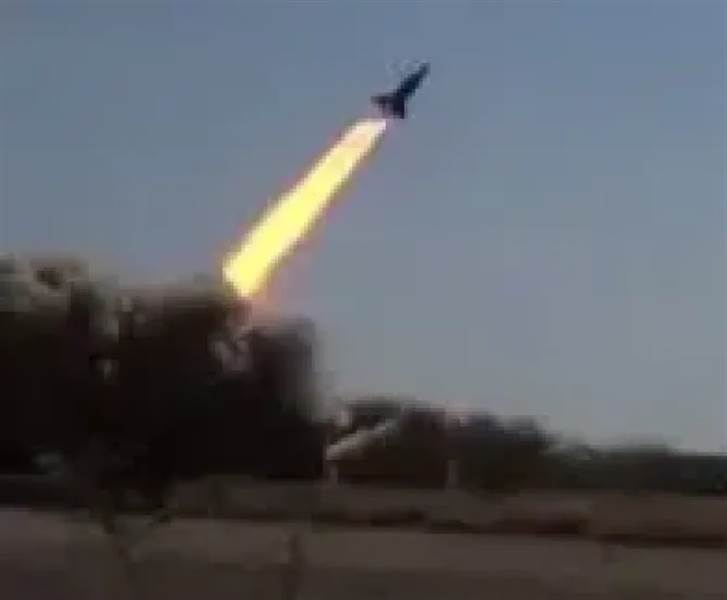From Threats to Whispers: Houthis Retreat Under Pressure
In a new report published Tuesday, Israel’s Haaretz newspaper warned that the Houthis in Yemen are no longer a “quirky regional subplot,” but a persistent and disruptive force capable of reaching deep into Israel’s territory. The paper stressed that Israeli airstrikes have failed to deter the group, which continues launching missile and drone attacks disrupting daily life.
An English-language article in the same newspaper by journalist Yishai Halper questioned: "Why can’t Israel and the United States defeat the Houthis?" Halper attributed the group’s resilience to a combination of difficult geography, combat experience, and an entrenched ideological drive that has made them a formidable enemy.
Meanwhile, American outlet The Hill published an article by Imran Khalid revealing that the Trump administration had reached a back-channel ceasefire deal with the Houthis through Omani mediation. The agreement, however, was described as a “tactical pause,” rather than a lasting solution, highlighting the ongoing complexity of the conflict.
Khalid’s report added that the U.S. suffered significant losses, including seven downed drones, two lost fighter jets, and financial costs exceeding $1 billion. These losses reportedly influenced Trump's sudden decision to scale back military involvement in Yemen.
However, the ceasefire notably excluded Israel — a move that reportedly outraged officials in Tel Aviv. In retaliation for ongoing Houthi missile strikes, which in May 2025 reached the vicinity of Ben Gurion Airport, Israel launched air raids on Sana’a International Airport, resulting in casualties and infrastructure damage.
Houthis, for their part, warned Arab states against trusting Washington, claiming the U.S. would eventually abandon its allies. They declared the ceasefire as temporary, with every right reserved to resume attacks at their discretion.
With this fragile ceasefire in place, U.S. presence in the Red Sea is expected to diminish for now — yet, as regional tensions persist, the broader conflict remains dangerously unresolved.
"What is happening in Yemen? What caused the war? And who ignited it?








Comments